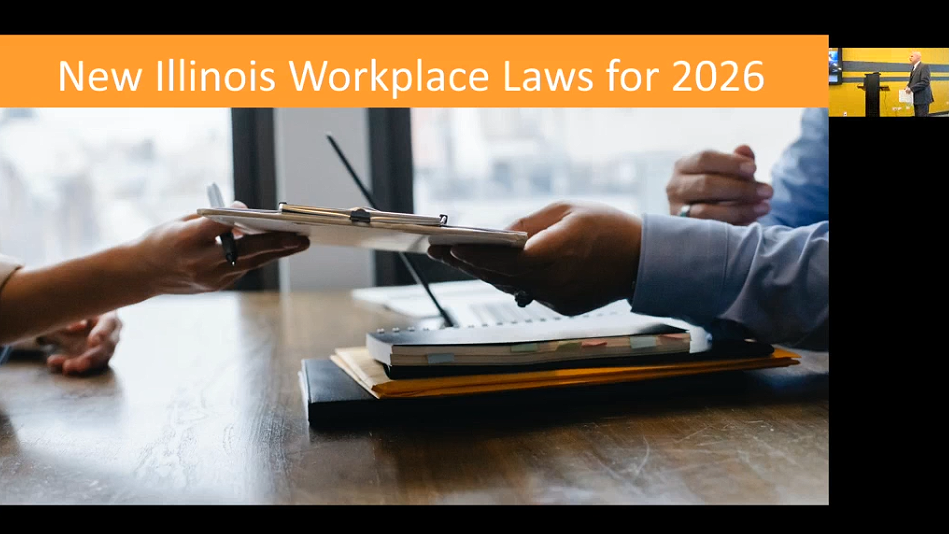Top Ten Issues for Concessionaire Leases
You may have an opportunity, particularly in a grocery store, to allow a third party to lease space from you in your store that is complimentary to your business which would further serve your customers. If you are considering such a sublease whether it be with a bank, a cell phone store, or other independent user, please consider the following:
1) Check your existing lease. You need to make sure that your existing lease allows for subletting to concessionaires. Do you need permission from your landlord?
2) Calculate the square footage, accurately and fairly. Make sure that you are using the outside wall measurements for your subtenant. Presumably, the ingress and egress from the subtenant space are not in the additional charges. Also, you should include a clause in your lease that allows you to pass on the additional costs to the subtenant.
3) Reserve the right to relocate. Your subtenant may have a cart that is easy to move which sells trinkets or other items to your customers. If your subtenant is a bank and has permanent walls, a safe, and other items, relocation might be impossible. Attempt to reserve the right to relocate your subtenant.
4) Will the subtenant increase your insurance risk? If the subtenant is selling flammable material, or ammunition, your insurance carrier would view that as increasing your insurance risk, thus resulting in an increase in your insurance premiums. Check your insurance policy with your insurance agent before you sign the lease.
5) Make sure your subtenant has insurance. As part of the subtenant’s insurance, ask the subtenant to produce an “additional insured” certificate naming you as an additional insured.
6) Understand the construction. If it will be a semi-permanent subtenant like a bank, make sure you understand the construction process, and the space required, that is additional to the final use space, that will be necessary for workers to construct walls and countertops. And how will the construction interfere with your business?
7) Construction penetrations. Have a thorough discussion with your subtenant and have the ability to review the plans in advance to make sure the subtenant is not penetrating the outer wall of the store (for example, for an ATM machine) or making penetrations in the roof (for the ventilation for a cooking stove) which, post-lease would be costly and possibly unsightly to repair.
8) Use of the back door. Will you allow the subtenant to ship out and accept deliveries from the back door? Will the use of the back door adversely affect your operation?
9) Who will have the keys to the exterior doors? Generally, concessionaires do not keep keys for the exterior doors. Their hours are limited to the hours of your store.
10) Co-marketing agreements? Consider the obvious use of each other’s names in your marketing efforts. Certainly, the subtenant will have to state that their location is in your store but also there may be a way to cross-market with the services provided by the subtenant to your customers, thus creating customer loyalty.
If you have any questions on concessionaire leases, do not hesitate to contact Kerry Lavelle at klavelle@lavellelaw.com to schedule an appointment.
More News & Resources
Lavelle Law News and Events












